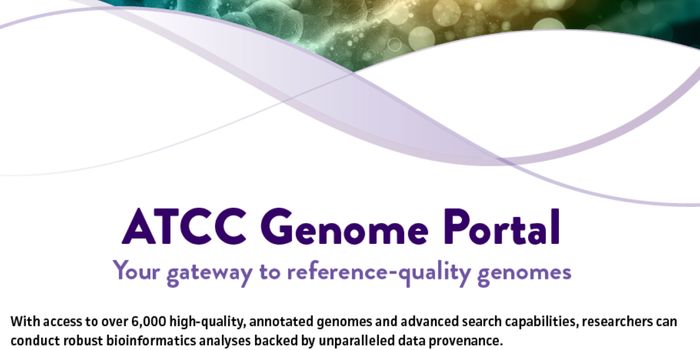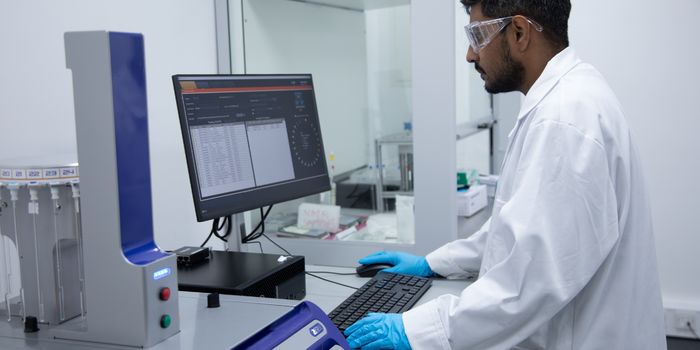Parkinson's Drug Reduces Hallucinations in Dementia Patients
Pimavanserin, also known as Nuplazid, was approved in the US to treat Parkinson’s-related psychosis in 2016. Now, new research has shown that it also works in patients with dementia-related psychosis (DRP)- something that affects 2.4 million people in the US.
For the study, investigators recruited 392 people with DRP under double-blind, placebo-controlled conditions. Each was given a low dose of Pimavanserin for three months, with those who showed a response split into two groups. While one continued on the drug, the other was given a placebo for six months until they had a relapse or their symptoms worsened.
Developed by pharmaceutical company Acadia, its President, Serge Stankovic, said on the results: “First, in the 12-week open-label period, pimavanserin treatment showed a meaningful reduction of the symptoms and stabilization of psychosis across all of the five clinically diagnosed subtypes evaluated. Second, in the 26-week double-blind period, patients on pimavanserin had a nearly three-fold reduction of risk of relapse compared to patients on placebo.”
With such promising results, the study was in fact put to a halt when independent monitors noticed that those in the placebo group were over twice as likely than those on the drug to worsen- at a rate of 28% compared to less than 13%.
Generally well-tolerated by the cohort, throughout the study, researchers noticed relatively few side effects- with just 5% of those on the drug group and 4% in the control groups experiencing mild effects including headaches and urinary tract infections. Although two deaths occurred during the trial, the study’s authors say that these were unrelated to the intervention.
Dr Jeffrey Cummings, a consultant for Acadia and one of the study’s leaders, said, “Reducing the risk of relapse of psychotic symptoms by this magnitude is an important and meaningful outcome as these are serious events which could lead to poor patient outcomes and a significant increase in caregiver burden and distress.”
Having been granted “Breakthrough Therapy” status by the FDA, Acadia hopes that it will be approved as a treatment for dementia-related psychosis in 2020, something that would make it the first FDA-approved drug for the illness.









